Korea
Korea Hydro & Nuclear Power halts reactor's operations
Blame it on heavy rains.
KEPCO's turnaround in 1H2014 operating profit is credit positive: Moody's
Improvement will strengthen KEPCO's financial buffer.
Korea’s POSCO making swift moves on restructuring
May 2014 goals are right on track.
Korea press breaks down assets POSCO is likely to sell
Though nothing has been finalized yet.
Alstom Grid energises Jeju Island in South Korea
400 MW HVDC bi-directional transmission line to be operated.
Korea's POSCO Energy to acquire coal power plant
In line with 2021 coal plant investments.
KEPCO to buy new coal and nuclear units in next three years
To replace closed nuclear reactors.
Korea's wholesale power prices to be slashed amidst spike in capacity
Power generators brace for margin pressures.
417-MW Andong combined cycle power plant in Korea finally done
24 months was all it took.
Alstom to install 10 onshore wind turbines in Jeju Island, Korea
The wind farm will yield 30MW capacity.
Siemens to deliver steam turbine set for cogeneration plant to South Korea
It's a 2-cylinder steam turbine.
Korea to hike electricity prices by 5.4% on 21 November
What are the domino effects?
Korea needs up to 4GW/year of new CCPP capacity
But here's how this can be acted upon.
Korea, Russia look into integrating their national power systems
Sign agreement to research and investigate plan. Korea Electric Power Corporation, En+ Group and the Skolkovo Institute of Science and Technology have signed a Memorandum of Understanding to do joint research into the integration of power systems of the Russian Federation and the Republic of Korea. Kepco is the largest electricity producer in South Korea. En+ is Russia's leading mining, metals and energy group while Skoltech is a new Moscow-based international university of science and technology created in partnership with the Massachusetts Institute of Technology. The research, which will be conducted at Skoltech, will focus on possible routes and volumes of electricity to be supplied from Russia to South Korea, and the options to exchange power flows for day/night and seasonal phases. The research should take two years. It is a part of the NEAREST project (North East Asian Region Electrical System Ties), an APEC initiative to integrate power systems of North East Asia countries including China, Japan, Mongolia, Russia, South Korea and some other economies. NEAREST aims to secure a more reliable power supply, lower electricity costs and reduce environmental impact of the energy sector. This initiative was announced at APEC Energy working group in November 2012 and supported by the governments of China, Russia, South Korea, Singapore and USA.
South Korean biomass-fueled power plant moves ahead with expansion
Plant is a joint venture with Oman. GS EPS Company has officially inaugurated phase three of its expansion plan, taking the total production capacity of its biomass-fueled power plant at Dangjin to 1,500 MW. The firm is a JV between Oman Oil Company, which holds 30%, and South Korean firm GS Holdings that owns the remaining 70%. Phase 1 of the plant has a capacity of 538 MW and was commissioned in 2001 while Phase 2 (550 MW capacity) was commissioned in 2008. Phase 3 has already begun. The Dangjin plant will become one of Asia’s largest biomass plants and will use a mix of agricultural and associated byproducts. The plant will be capable of generating 2,300 MW of electricity including 100 MW of biomass production to the three existing LNG fired combined cycle power plants. It is expected to be completed in 2015. GS EPS also owns and operates an LNG-fired combined cycle power plant and ancillary facilities in Pyongtaek. The plant sells its electricity to state-owned electricity utility Korea Electric Power Company.
South Korean nuclear reactor comes online again
Hanul No. 1 began supplying power this week. The reactor, located in Uljin county southeast of Seoul, is one of South Korea’s 23 nuclear reactors. It restarted after a scheduled maintenance shutdown. Five other reactors remain offline, leading to concerns about blackouts this winter. Tests conducted by the Nuclear Safety and Security Commission during the maintenance show that the performance and operation of the reactor and its related facilities were satisfactory. The reactor is operated by state-run utility Korea Hydro and Nuclear Power that operates all South Korea's nuclear reactors. These reactors supply a third of South Korea’s electricity. An ongoing scandal about nuclear safety certificates, however, has led to the indictment of 100 people for corruption, and to rising public discontent with nuclear power. A study group commissioned by the Ministry of Trade, Industry and Energy has recommended that nuclear power should be reduced to between 22% and 29% of overall generating capacity by 2035 compared to a government plan for 41% by 2030. The ministry could, however, revise its energy policy next month after public hearings.
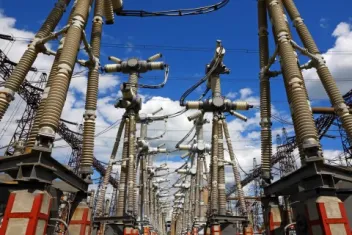
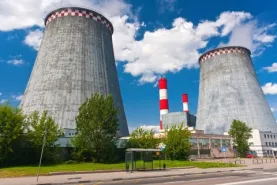

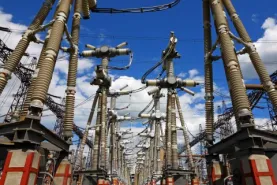

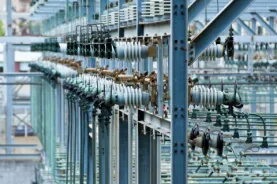

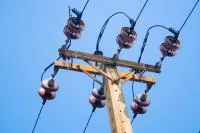


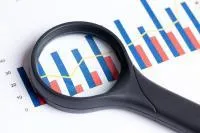
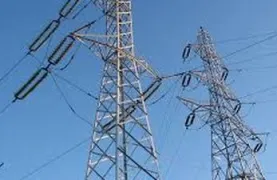
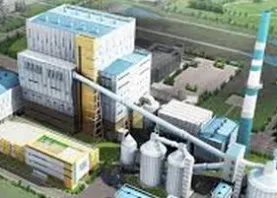

 Advertise
Advertise















